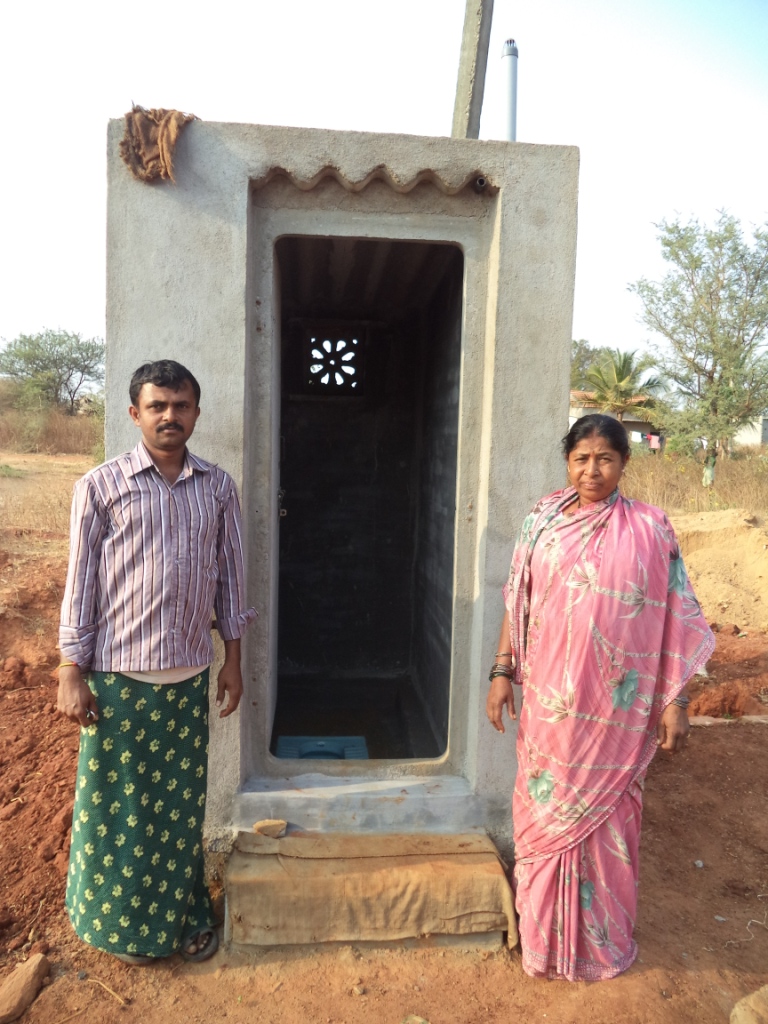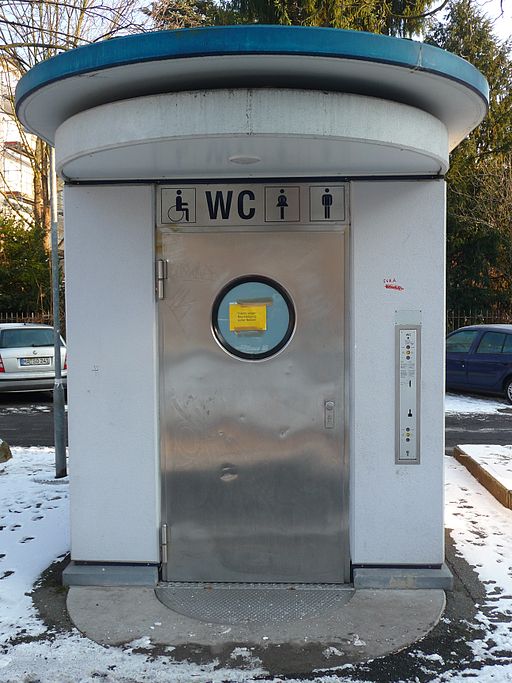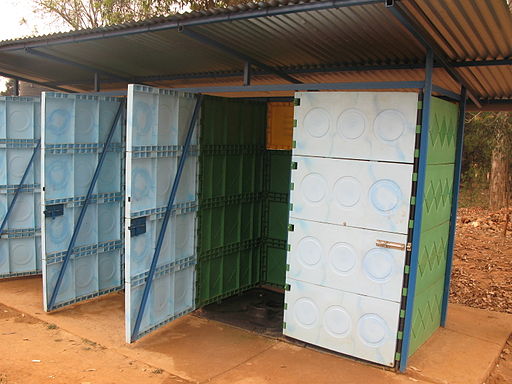This post was originally published by Mango Salute at http://mangosalute.com/salutetheday/world-toilet-day-confronting-important-unmentionables
Whenever you turn on the TV or even check your postbox, you will encounter dozens of charities and causes competing for your attention and funds. There’s poverty, hunger, disaster relief, education, reproductive health, microfinance, malaria, HIV and many more. While these are all worthy causes, there was one factor that contributed to them being brought to your attention – they are all considered appropriate, worthy and “serious” enough to talk about. If you sponsored a child overseas and got some information about the child’s community, you would probably be comfortable with talking about this to your friends/family if the subject came up.
The counterpoint is that if there’s an issue that’s intrinsically tied to a long-standing cultural taboo, people might not be comfortable with talking about it. One of the most serious problems facing humanity might remain invisible for decades and centuries because it’s not a “sexy” topic to campaign about. Toilets and human waste fit this to a tee.
Currently, about 2.6 billion people (that’s 1/3 of the world’s population) do not have access to a clean toilet. Many of us in the west have travelled to countries where the availability and condition of toilets was orders of magnitude worse than what we’re used to. Think dirty toilets, crowded toilets, squat toilets, overflowing toilets and the like. What we typically do not realise is that all of this is much better than billions have to put up with. 1.1 billion people practice defecation, having no access to any toilet or latrine or whatsoever. For them, the dirty squat toilet is an unimagined luxury of privacy and sanitation.
Of course toilets and feces are a taboo topic. English doesn’t have a very large number of swear words but a number of them have to do with feces making it a harder topic of conversation to have. People often resort to euphemistic language like “bodily functions” that obscures serious conversation. When toilets are brought up it’s often in the context of either humour (so people can release their awkwardness or discomfort) or nervous laughter.
This is not helpful.
Health Consequences Of Lack Of Toilets
The harm from lack of toilets is hard to overstate. About 2 million people die from infectious diseases that come from what’s often euphemistically described as “lack of access to clean drinking water”. What that actually means is these people die from diseases they’ve caught from water that’s been contaminated with fecal matter due to a lack of adequate sanitation. This is yet another example where euphemisms consistently mislead people around the world about the problem. Lack of good toilets kills more children than AIDS, malaria and tuberculosis combined.
Impact on women
There are of course a large number of non-health-related harms too. Not having access to a private space is dehumanising and demeaning. Those who do not have access to sanitation are likely to be living in extreme poverty and this adds to their stress and may further highlight their low social status. Like most problems in development, women are affected in a very disproportionate way. In a country where open defecation may mean inconvenience and humiliation to a man, the same action may be a risk to a woman’s safety. Many women do not go outside to defecate at night, worried about rape and other violence. The lack of sanitation facilities in schools is also a significant contributor to girls dropping out when they reach puberty because they feel having their period makes going to a toilet-less school too embarrassing and difficult. A lack of toilets therefore goes way beyond aesthetics. It’s a major factor in the perpetuation of the structural inequalities that women face around the world.
No Toilet, No Bride

Thankfully, a lot of work is being done in this area worldwide. In India, the No Toilet, No Bride campaign is targeting young women with the message that they should only marry a man with a toilet. The aim is to create a cultural shift since it’s very hard to change your toilet habits. (Imagine your reaction if someone told you to dispose of your poo differently.)
Exposing The Problem
There is also an increase in journalism in the West about the issue, from Rose George’s wonderful book The Big Necessity to articles highlighting the awful conditions of sewer workers in India (about 22,000 of whom die every year from being exposed to disease).
Millenium Goals
Improving sanitation is also part of the Millenium Development Goals (target 7C states “Halve, by 2015, the proportion of the population without sustainable access to safe drinking water and basic sanitation”). However, due to the issue’s lack of visibility, toilets are still being relegated to a subclause within a subclause, our cultural biases having had a tangible detrimental effect.
World Toilet Day & Taking Action
The World Toilet Organisation’s mission is to raise the profile of sanitation, as well as to support sanitation efforts worldwide. Part of their efforts is November 19th or World Toilet Day. They cannot succeed as long as the topic of toilets is seen as the domain of awkward toilet humour. It would be great for sanitation to become a Millenium Development Goal in its own right. But first, we as members of the public must take the first step and pledge (as is recommended by their World Toilet Day website): I give a shit.
Do you?






0 Comments